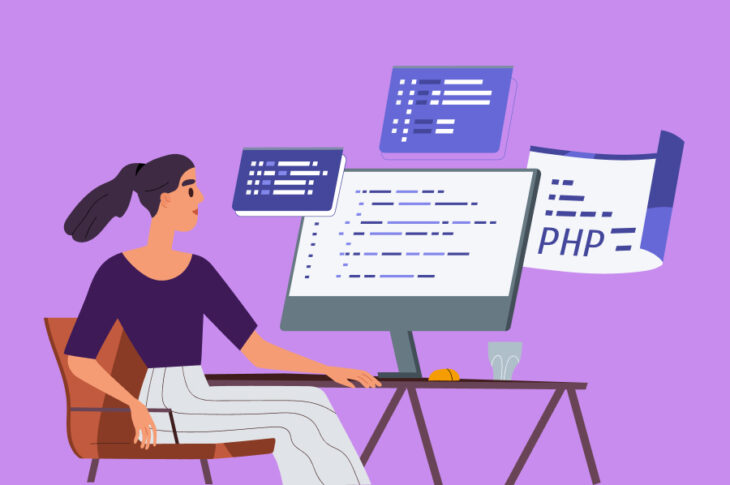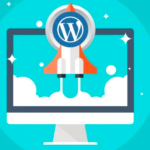Introduction: PHP stands as the most widely used programming language for websites globally. Notably, WordPress, a massively popular content management system, is built on PHP. With 43% of websites using WordPress and an additional 50-70% employing PHP for various functionalities, it becomes evident that PHP’s extensive reach also attracts the attention of cyber threats seeking vulnerabilities.
In this article, we’ll delve into why updating your PHP version is crucial for both security and performance, exploring the impact on website speed and the risks associated with running older PHP versions.
The Impact of Outdated PHP Versions: Maintaining older PHP versions on your hosting server poses a threat not only to your website but also to neighboring sites sharing server space. While hosting providers typically support each version for at least three years, the eventual removal of older versions becomes necessary to safeguard the hosting environment.
Older PHP versions left active on servers can compromise security, making it imperative for website owners to stay vigilant and update regularly. This responsibility extends to ensuring the overall health of your website, including PHP versions, core programming, and all utilized software and applications.
Challenges Faced by Developers and Site Owners: Despite the importance of timely updates, many developers and site owners resist PHP updates due to potential errors, issues, or the need for additional programming knowledge. Changes in PHP versions may lead to compatibility issues with other components like WordPress versions, chosen themes, and plugins.
A common scenario unfolds where site owners are unaware of the need for updates or are unwilling to invest in the maintenance of their website. It’s crucial to understand that all websites require ongoing maintenance, and seeking professional help can be a wise investment for seamless updates and continued security.
If choosing to engage a developer, it’s essential to respect their fees, as updating an older site or creating a new one demands time and expertise, both of which are valuable commodities.
Consequences of Delayed Updates: The question arises, “What happens if you neglect updating your PHP version?” A common misconception is, “If it’s working fine, why bother updating?” However, delayed updates often coincide with outdated WordPress versions, plugins, and themes. Ignoring updates can lead to severe consequences:
- Security Risks: Outdated PHP versions become susceptible to security breaches, allowing viruses to inject unexpected code, potentially compromising the entire site. The site may be exploited for spamming or illicit activities if attackers implant code for phishing purposes.
- Provider-Enforced Updates: Hosting providers may decide to remove older PHP versions, forcing immediate migration to the latest version. Failure to comply could result in site malfunctions or errors.
It’s advisable to proactively maintain and update your website to avoid working under pressure when unexpected issues arise.
Options for Those Unable to Update: For individuals lacking time or financial resources for updates, an alternative is to build a new website from scratch using a builder that simplifies the process and abstracts technical complexities.
At WNPower, we understand such scenarios, and our Website Builder offers a solution. Users can create a new website with ease, choosing from over 200 templates, and customize it by adding images and text. The Website Builder is free and available across all our web hosting plans.
How to Update Your PHP Version: If you’ve decided to update, WNPower makes it simple to change your PHP version as needed. Refer to our guide to see how easy it is to update your PHP version to a more recent one. In case of any issues, the ability to revert to the previous version provides a safety net.
If a PHP change necessitates updates to WordPress and its plugins, it’s advisable to create a backup or test the change on a copy of your site. This way, if any issues arise, you can troubleshoot without affecting the live site.
Conclusion: In conclusion, keeping your PHP version updated is essential for securing your website and enhancing its performance. Regular updates not only fortify your site against potential threats but also contribute to improved speed and efficiency. Make informed decisions regarding your website’s well-being, and ensure you stay abreast of the latest PHP versions for a secure and optimized online presence.








